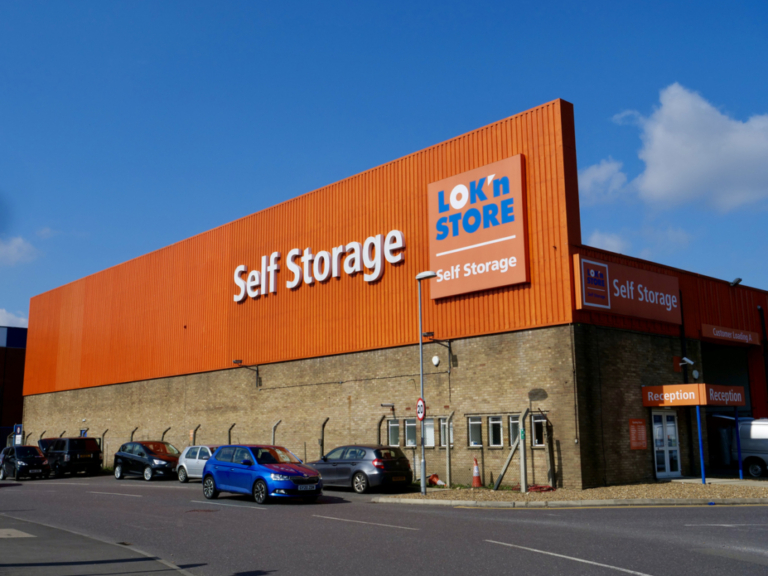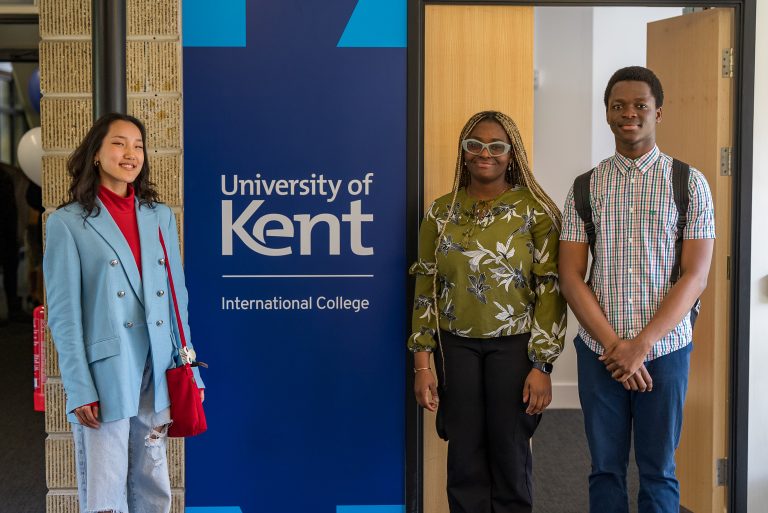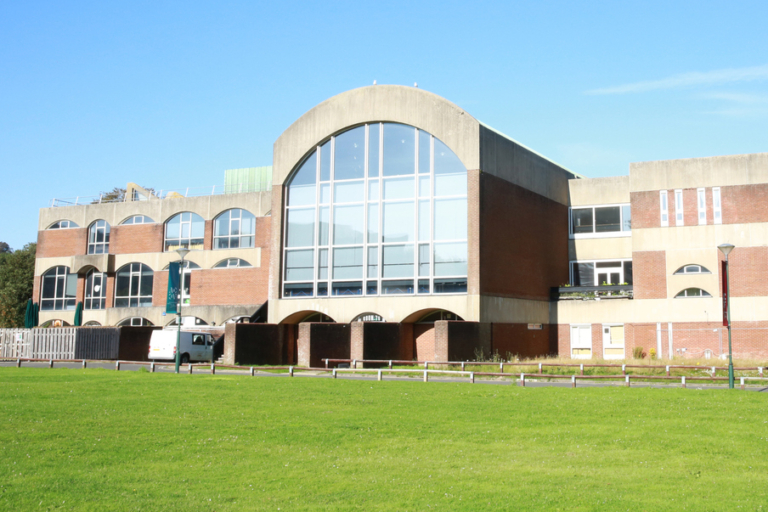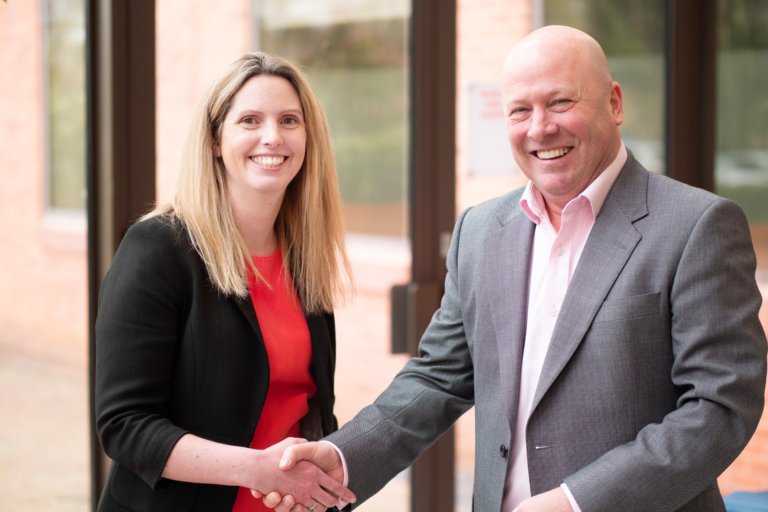Landlords, tenants and the office of the future
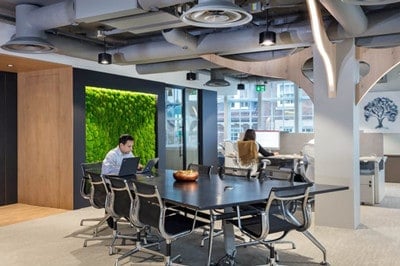
As the year enters its final quarter, the commercial property world continues to live with the far-reaching impacts of the Covid-19 pandemic. Following its enforced springtime evacuation, one segment under particular scrutiny is the commercial office market. Petra O'Shea, head of sales, Morgan Lovell takes a close look at the market.
There is undoubtedly a paradigm shift in businesses’ portfolio strategy and the consequences for the industry are now unfolding. Leaders are increasingly taking the ever-developing requirements of their employees into account. The overall effect in this new territory is to revisit and revamp business models, with portfolios realigning accordingly.
Landlords and asset managers can find comfort in the words of SunTzu: “in the midst of chaos there also lies opportunity”. Working from home has – to a point – been successful and people will continue to benefit when company policy allows.
But this mass experiment has also brought into sharp focus our desire and need for face-to-face contact in a safe, collegial and supportive office environment. The office of the future will be re-imagined and landlords (and their advisers) have an instrumental role to play.
Where that office is located, what size it is, how effectively it supports our wellbeing and what level of digital solutions are on offer presents new opportunities for both landlords and tenants. These will be exposed in a future which is driven by conversation and collaboration.

Morgan Lovell’s workplace consultants and office designers have been closely attuned to the cycles of the commercial property market for over 40 years. During recent months, we have engaged with many landlords, asset managers and tenants. We have understood and respected their changing perspectives and gained valuable learning from the evolution of their business requirements. The journey ahead for all these parties will be characterised by opening up to new ways of working, applying creative solutions to differentiate space and acting on a determination to enter into agile partnerships.
Extracts from that learning are detailed here
There is genuine potential in the future of this market and we believe the key to unlocking it lies in the following:
Flexibility and simplicity
Within the vortex of anxiety and uncertainty, 2020 has reinforced our focus on achieving the basic needs; we want our lives to be as easy as possible, we want to be able to make good choices for ourselves and our families, and we want to live and work in a healthy and positive environment.
No business or individual wants to be locked into a future that is economically restrictive or psychologically negative. These new ‘rules’ are driving business, and landlords that recognise and are willing to work towards accommodating them will fill their space by engaging in new and productive relationships.
Flexible location and space strategies
Business models need to pivot in response to many unforeseen stresses. Diversifying location strategies is a way to relieve financial pressures and achieve countless other goals.
Appetite for traditional city-centre office space will bounce back, but the menu on offer will need to cater to a wider variety of tastes. Tenants previously content with traditional blank canvas CAT A space will expand their horizons, seeking out CAT A + or fitted spaces.
These fully finished “plug and play” offices will operate alongside shared services such as reception, meeting, catering, showers or dry cleaners. Tenants will look to move in and operate without any complicated fit out other than perhaps tweaking the design to reflect their brand.
Simple lease terms and mechanisms
Businesses will only thrive in the future by being agile - continually adapting and frequently assessing their plans. This creates a demand for shorter leases and greater flexibility in their mechanisms such as rent reviews and tenant obligations.
A corresponding reluctance from tenants to invest in capital expenditure will be accompanied by an acceptance of additional operating costs for the right ‘smart space’ that suits their needs.
This means landlords and their advisers will participate far more with the fit out of their spaces, where possible matching their offer to a tenants’ specific requirements.
Collaboration
‘If you build it, they will come’ is a phenomenon of a bygone time. To attract the best businesses and differentiate their space, progressive landlords will go-to-market armed with targeted intelligence based on the types of business they are aiming to attract.
This involves a deep understanding of the groups’ demographics which in turn will bring insights around their ethos, image and cultural objectives. This data will result in landlords providing a marketable fit out and design that will appeal to their identified category of tenants.
There is a palpable and welcome acceptance by landlords and tenants, that their relationship must evolve in the future. This mutual desire for collaboration, facilitated by honest dialogue will benefit both parties through a deeper understanding of each others’ goals. The common thread running through all such conversations will be a focus on simplicity, flexibility and wellbeing.

Wellbeing
It is widely accepted that our work environment can have a great impact on our wellbeing and we would all like to work in a place where we feel happy, safe and valued. Our productivity increases when our wellbeing is prioritised and when we are able to make choices which suit our individual personalities and working styles.
Recognising the ubiquitous mental health pressures ever-present in our lives today, businesses see the wisdom in delivering an experience which enhances wellbeing and removes stress. The question increasingly asked is “what more can we do for our people?” And landlords of the future will work together with those business leaders to deliver environments which not only remove undue pressure from people, but actively contribute to making peoples’ working lives easier.
Technology
The employee-centric office of the future is closely aligned to the relentless march of technology. Tenants need - and want - to focus their digital solutions on maximising their teams’ productivity, increasing their safety and wellbeing in the workplace and simultaneously reducing their carbon footprint.

Landlords who integrate appropriate technology will drive demand and deliver a streamlined and connected experience for their occupiers which differentiates their product far beyond a physical destination. Digital solutions which simplify the employee’s journey through their typical day can deliver endless advantages. Smart buildings incorporate sophisticated communication systems, allowing colleagues to co-ordinate their diaries, connect remotely to book parking, meeting rooms and desk space and take care of many other day-to-day functions.
Closing thoughts
The future for landlords, tenants and the office marketplace continues to be overshadowed by the extraordinary events of 2020. But there’s a light shining from deep within the fog.
The time has come to take a fresh and transparent approach to traditional spaces and old-school ways of working. To achieve the ultimate outcome for everybody, landlords’ and tenants’ worlds must fuse together. We all have shared business experiences and pressures. We all crave the same basic needs and we are all shell-shocked from the effects of the pandemic.
The questions for every progressive landlord will be “what additional assistance can I provide to my tenants?” and “how can I help in their search for an ideal venue?”. Tenants will be asking “how can I partner with my landlords to improve my business, help them achieve what they need and ensure we both enhance the working lives of my employees?”
The end office users must remain centre stage in this dialogue, ensuring their wellbeing takes priority, aiming to retain them in their companies and appealing to new blood. These conversations and mutual understanding will ultimately secure everyone’s future.
For over 40 years, we’ve been working with tenants and landlords, bringing their worlds closer together. COVID-19 has acted as a catalyst, encouraging giant steps towards a deeper mutual understanding, an enhanced desire to collaborate, to listen and to adapt ways of working.
We are looking forward to a bright future.
For further information contact Petra O'Shea on [email protected]
To read the full article click here







